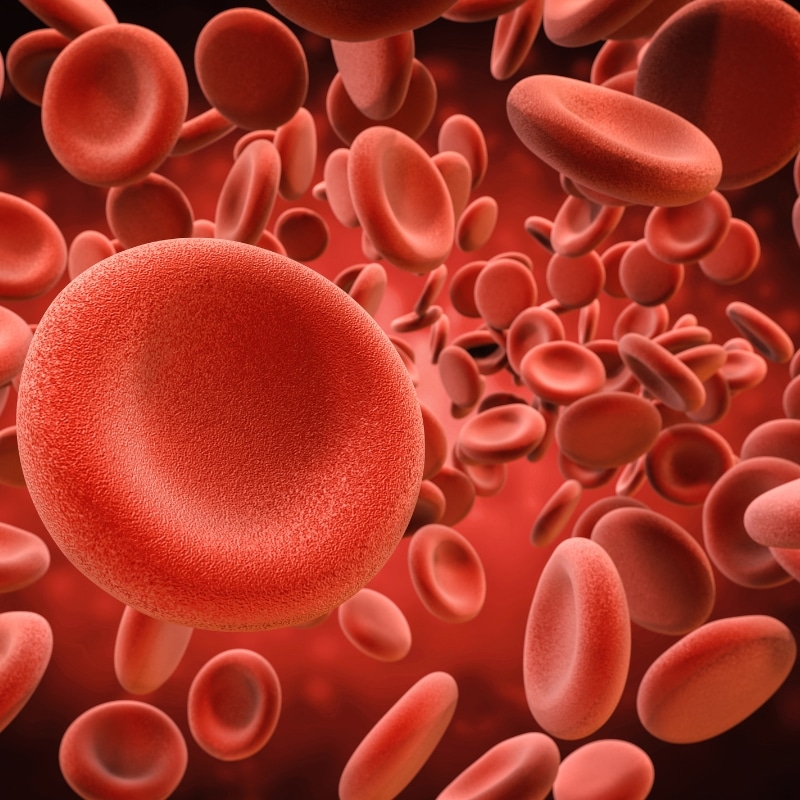Depression continues to affect millions of people each year, but the experience does not always match what treatment guidelines expect. A recent study published in the British Journal of Psychiatry uncovered something deeply unsettling: Nearly 48 percent of people diagnosed with depression meet the criteria for treatment-resistant depression, or TRD.
For almost half of the people living with depression, the usual approach, such as prescribing one or two antidepressants, often fails. For these individuals, feeling better is not a matter of finding the right words or waiting a few more weeks. It means facing a reality where the most common treatments do not work, even when taken exactly as directed.
Let’s look at what this study revealed, why treatment resistance is so common, and what options exist for those who need something more than traditional care.
What Research Tells Us About Treatment-Resistant Depression
The study, led by researchers from the University of Birmingham, analyzed electronic health records from over 2,400 patients diagnosed with major depressive disorder (MDD). They found that nearly half of the patients met the criteria for TRD, meaning they had tried at least two different antidepressants without success. Even more striking, 37% had tried four or more medications with little or no relief from symptoms.
These numbers matter. In a field where one failed treatment might be dismissed as a fluke, this research confirms that for a large subset of people, depression does not follow the expected script.
The consequences go beyond emotional distress. The study linked treatment-resistant depression to higher rates of the following conditions:
- Anxiety disorders
- Personality disorders
- Self-harm
- Cardiovascular disease
People with TRD were also more likely to face economic challenges such as unemployment or long-term disability. The emotional toll blends with physical and financial strain, and that is why recovery often feels out of reach.
Depression That Does Not Respond to Treatment Feels Different
In addition to the data, the study collected direct accounts from patients who live with TRD. Their stories described a growing sense of hopelessness. Many had followed their treatment plans closely, showing up to appointments and sticking with medications through side effects and long delays. Yet nothing helped.
One participant shared how each failed treatment left her feeling like she had run out of options. Another explained how the lack of improvement made it harder to ask for help again. When nothing seems to work, even hope begins to feel like a burden.
Clinicians in the study reported feeling just as limited. Treatment guidelines often offer little direction after two medications fail. Many providers spoke about the pressure of needing to help patients without having clear tools to do so.
Why So Many People Experience Treatment Resistance
There is no single cause behind treatment-resistant depression. It can happen for several reasons, many of which are not obvious at first glance.
Some people might be taking antidepressants that are not at the right dose or have not been given enough time to work. Others may have underlying physical health issues, such as heart disease or diabetes, that interfere with treatment. For many, past trauma or ongoing life stress makes recovery harder, regardless of the medication prescribed.
There is also the challenge of pseudo-resistance, where depression appears treatment-resistant but is actually the result of inconsistent medication use or poor treatment planning. This is especially common in primary care settings, where time and resources are often limited.
Still, for those who meet all the criteria and follow the treatment plans exactly as prescribed, the frustration is real. As many as 30 to 55 percent of people with depression may fall into the TRD category, depending on how the condition is defined.
Beyond Traditional Antidepressants
So, what happens after two, three, or even four medications fail?
This is where alternative treatments come into the picture. While traditional antidepressants remain the first-line option for many, they are not the only tools available.
Newer interventions have started to fill the gap. For example, ketamine therapy has gained attention as a promising option for people with TRD. Delivered through a medical setting, ketamine works differently from standard antidepressants. Instead of altering serotonin levels over weeks, ketamine targets glutamate receptors in the brain. It often brings relief within hours or days.
In clinical trials, both intravenous ketamine and intranasal esketamine (a related compound) have shown strong results for individuals who did not respond to other treatments. These therapies offer hope, not just because they work quickly, but because they work through a different mechanism entirely. For someone who has spent years cycling through SSRIs, SNRIs, and other common medications, this change can make a real difference.
Other options like transcranial magnetic stimulation (TMS) and electroconvulsive therapy (ECT) are also available for more complex cases, though access and comfort levels with these methods can vary.
Find New Paths Toward Healing at Zeam Health & Wellness
Every story of depression is different. The path to healing is rarely straightforward. For many people, especially those with treatment-resistant depression, it takes more than the standard protocol to find lasting relief.
We serve communities in Folsom, Roseville, and Sacramento. We offer a multidisciplinary approach that blends medical care, mental health support, and innovative treatments. If you or someone you love feels stuck after trying multiple treatments for depression, we are here to help uncover new possibilities.
Take Control and Explore What Comes Next
Treatment-resistant depression is not the end of the road but a signal to pause, re-evaluate, and consider a different route forward. The research makes it clear: Nearly half of all people with depression face this struggle. What matters now is how we respond.
At Zeam, we are committed to walking that next step with you. From advanced therapies like ketamine to compassionate mental health support, our team is ready to help you rediscover hope. Healing may take time, but new options exist, and they are closer than you think.
Let’s start the conversation. Visit one of our locations or connect with our team to learn more about your options. Not ready, yet? Take our Am I Depressed Quiz.




